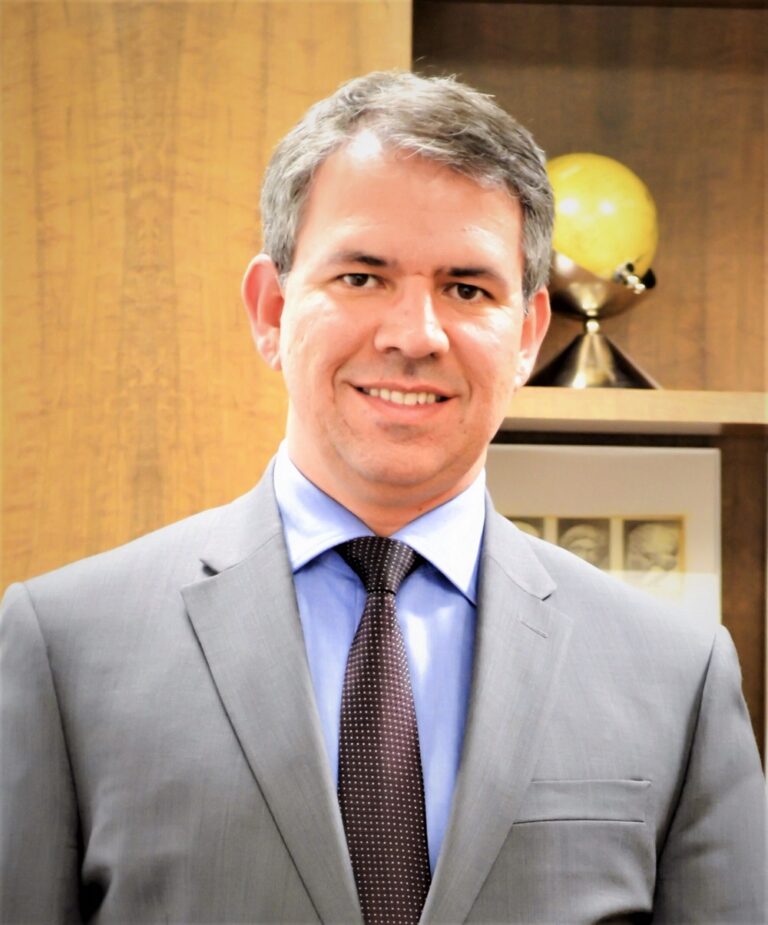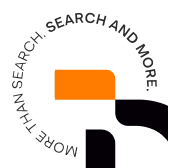Optimism amidst chaos: how can understanding, hospitality, and action stimulate confidence and positive perspectives in teams?
In ancient times, when human survival depended on hunting and gathering, any slight mistake was fatal. Over the centuries, the threats changed in intensity, but they remained present in the form of wars, diseases, economic crises or social hardship. According to many researches, that explains why our brain is programmed to concentrate on risks. It probably also explains why being an optimist is a great challenge, even in the 21st century.
And by “optimist” we don’t mean utopic or naive. On the contrary. The idea is to see possibilities in any type of situation, even in the most chaotic ones, such as the time the world is going through today. We will all have to reinvent ourselves. That is one of the few known facts during such uncertain times. Those who are able to see this in a positive way will certainly guarantee more quality to their survival.
For Dasein CEO Adriana Prates, although it may be early to make concrete plans during this time of instability, it is important to draw probable scenarios regarding your market, career, personal finances and possibilities, in order to ensure life quality. And, of course, do not forget to be optimistic. “Do everything possible to keep your physical and emotional health stable, like doing exercises at home, eating healthily and picking up positive new habits, like reading and other forms for entertainment.”
Adriana Prates: “It is necessary to simplify our habits and way of life to have some savings in case the worst happens.”
Avoiding consumerism and cutting expenses is also recommended. “It is necessary to simplify our habits and way of life to have some savings in case the worst happens. We must be aware of what can be controlled and be patient with the variables that aren’t controllable. Do you have free time? Can you support others? Can you be a volunteer and have an impact on other peoples’ lives in a positive way? That is a great, tangible and possible action. Thinking only about your own reality can be exhausting”, she says.
Keeping your head in the present and avoiding speculations about the future that are not constructive to your personal and professional life is another important step, as recommended by Dasein director Daniel Rezende. For him, fear itself is not a bad emotion, the problem is feeling fear in anticipation, without there being actual exposure to risk. If the person is taking all possible care, there is no reason to forecast bad situations, because that leads to anxiety, feeling blocked and helpless.
In order to help curb our tendency to focus on problems, one needs an awareness exercise. According to Dasein Operation Manager Luzete Campolina, facts always have negative and positive aspects. “There are two sides to every story and it is fundamental to know them both to determine how to conduct ourselves. It is up to us to listen to the side that can help us the most, depending on what we are experiencing. If the goal today is mental health, you need to listen to the positive side and focus on developing skills that can be a differential in this time of crisis”.
She points out that stimulating positivity is always welcome. It is a way of making people feel cared for, remembered and welcomed. “When we act positively, not only do we contribute to the people around us, but also to ourselves. We feed the positive thoughts that influence our feelings. We give ourselves the opportunity to be grateful for what we have and accept what we do not have, having in mind that we will probably need to let go of what doesn’t add value to us at the moment.”
Accepting, understanding and acting in face of negative feelings: essential behavior among leaders and teams
It is natural to feel fear, anxiety and sadness when experiencing such a delicate situation as the Covid-19 pandemic. But after all, how can companies and leaders guide their collaborators to accept these feelings in a way that they do not surrender to them? The first step is to understand that this situation causes increasing emotional instability and one needs to embrace theses feelings, rather than avoid them.
In view of this, Adriana Prates points out that companies need to open space for the employees to express themselves and have access to psychological or psychiatric treatment. She recommends that leaders should also undergo training focused on how to deal with this situation, and understand that many of the goals set for 2020 will not be met. “When the leader reconsiders the goals and adapts them into something realistic, there is less feeling of guilt. It is important to keep being transparent to avoid tension between collaborators. Will there be layoffs? Will there not? Whatever is already defined should be out in the open.”

Daniel Rezende: “Keeping your head in the present and avoiding speculations about the future that are not constructive.”
The manager emphasizes how important it is to create a new remote work routine to get closer to the team, contribute to discipline and mental sanity. “It’s a way of stimulating a feeling of belonging and a sense of collectivity. Perfection cannot be expected right now. It’s necessary to have empathy and flexibility, to listen and learn with the led. What suggestions can they give? Ask them to define some of the goals they will be able to reach. This kind of autonomy is good for them.”
Thinking of medium and long term actions for the companies, Daniel Rezende highlights the importance of human resources and internal communications. These are fields of growing importance, mainly because they are close to people, offering support and preparing them to face the new challenges ahead. More than ever, actions aiming well-being within and out of the business environment will be fundamental to maintain the teams’ performances, concerning both the leaders and the led. While being involved in strategic decisions, the HR sector will also have a major role connecting people and operations, not only to give assistance, but also as a driving force to power results. They will be the ones to build confidence through dialogue and joined efforts.
According to Luzete Campolina, “solving problems in this new scenario demands a systemic way of thinking and acting, as well as forms of governance that are increasingly transversal and sophisticated. “It is challenging, but possible”, she assures. One thing that can be useful is studying collaborative experiences and well founded analyses, like the case presented by McKinsey in the article “Safeguarding our lives and our livelihoods: the imperative of our time”. This material puts forward scenarios that can support discussions and practices between leaders and teams.
“Following trustworthy sources focused on solutions and not only on the problem, is critical”, she points out. “But this is only one of the steps to be taken. For an unprecedented context, other skills need to be put into practice, such as creativity, resilience, cooperation, discipline, ability to negotiate and to learn continuously, which will allow us to follow the daily developments and adapt our actions to a new reality”.
Is it necessary to keep doing more?
Both professional and personal digital content created as an alternative during social distancing are offered every day on social media. Besides that, many internet users and influencers insist on sharing their new productive routine and how they manage to always do more, even during the pandemic. Due to this excess of content, it is important to stay alert to the fine line between consuming this content for inspiration, and trying to achieve the same level of production, comparing ourselves to that. This can make us demand too much of ourselves, causing anxiety, stress and even depression.

Luzete Campolina: “When we act positively, not only do we contribute to the people around us, but also to ourselves.”
To avoid this type of problem, it is important to filter what is fundamental for you right now, suggests Luzete Campolina. “Don’t try to know everything, be selective, especially by choosing trustworthy sources that can make you grow. It is even better if you are able to join people who have the same purpose as you, because during this time, co-working will strengthen people, whether it is mentally, creatively or in handling situations. When we do this, without realizing, we start dealing better with the new reality, and we create new mental models that help us control stress, anxiety and depression.”
Daniel Rezende, on the other hand, suggests that people see the different digital stimuli as a way of clearing anxiety, boredom and sadness. “I see no problem in being productive or keeping yourself productive. It’s a way of helping create a healthier environment, a new perspective, so as to benefit from the crisis and keep your mind on good things. Whether it is learning something or leisure time, a laid-back posture helps keeping us away from pessimism, anxiety and fear.”
Putting positiveness into practice: we suggest some actions that can be taken right now
Be more humane
Allow yourself to not have all the answers right now, open up to what is new and to the contributions that will come.
Practice active listening
Take the teams in, allow them to talk about this moment and be positive despite the complexity of the current situation.
Appreciate the simple things
Seeing small gestures and everything around you is a way of valuing freedom, people and family. It is one of the most positive things we can learn in such a chaotic situation as the one we are currently experiencing.
Know your team
Understand each person’s talent (the visionary, the strategist, the executor, the commander, etc). They will be necessary when redefining plans and goals, and when things are restored in the future.




